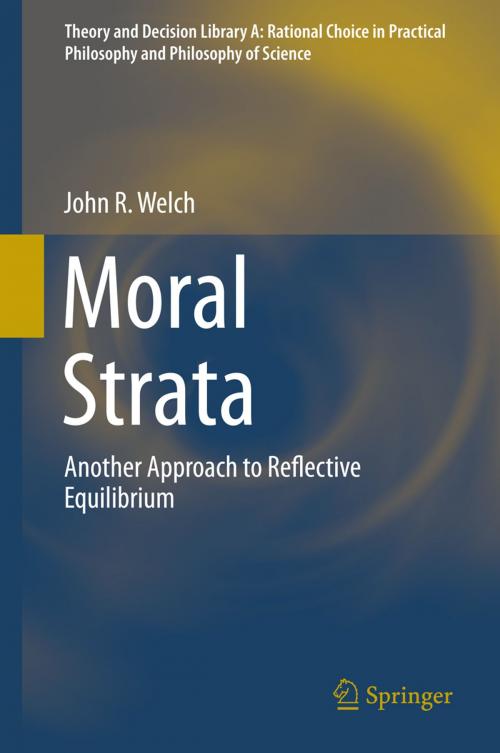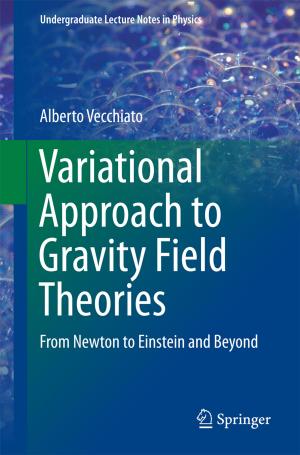Moral Strata
Another Approach to Reflective Equilibrium
Business & Finance, Management & Leadership, Operations Research, Nonfiction, Religion & Spirituality, Philosophy, Ethics & Moral Philosophy| Author: | John R. Welch | ISBN: | 9783319080130 |
| Publisher: | Springer International Publishing | Publication: | September 19, 2014 |
| Imprint: | Springer | Language: | English |
| Author: | John R. Welch |
| ISBN: | 9783319080130 |
| Publisher: | Springer International Publishing |
| Publication: | September 19, 2014 |
| Imprint: | Springer |
| Language: | English |
This volume recreates the received notion of reflective equilibrium. It reconfigures reflective equilibrium as both a cognitive ideal and a method for approximating this ideal. The ideal of reflective equilibrium is restructured using the concept of discursive strata, which are formed by sentences and differentiated by function. Sentences that perform the same kind of linguistic function constitute a stratum. The book shows how moral discourse can be analyzed into phenomenal, instrumental, and teleological strata, and the ideal of reflective equilibrium reworked in these terms. In addition, the work strengthens the method of reflective equilibrium by harnessing the resources of decision theory and inductive logic. It launches a comparative version of decision theory and employs this framework as a guide to moral theory choice. It also recruits quantitative inductive logic to inform a standard of inductive cogency. When used in tandem with comparative decision theory, this standard can aid in the effort to turn the undesirable condition of reflective disequilibrium into reflective equilibrium.
This volume recreates the received notion of reflective equilibrium. It reconfigures reflective equilibrium as both a cognitive ideal and a method for approximating this ideal. The ideal of reflective equilibrium is restructured using the concept of discursive strata, which are formed by sentences and differentiated by function. Sentences that perform the same kind of linguistic function constitute a stratum. The book shows how moral discourse can be analyzed into phenomenal, instrumental, and teleological strata, and the ideal of reflective equilibrium reworked in these terms. In addition, the work strengthens the method of reflective equilibrium by harnessing the resources of decision theory and inductive logic. It launches a comparative version of decision theory and employs this framework as a guide to moral theory choice. It also recruits quantitative inductive logic to inform a standard of inductive cogency. When used in tandem with comparative decision theory, this standard can aid in the effort to turn the undesirable condition of reflective disequilibrium into reflective equilibrium.















